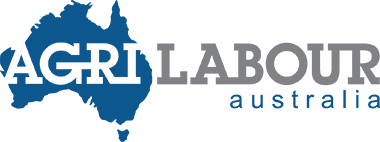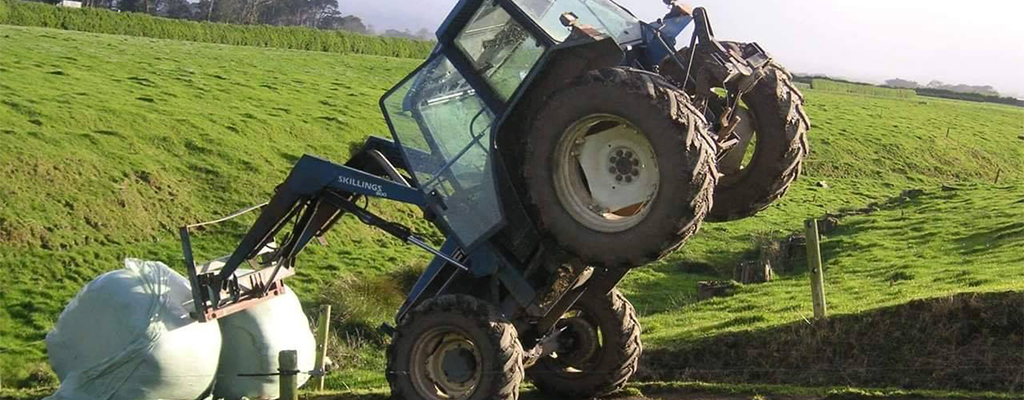Continuing our safety updates for National Safe Work Month – we want to highlight the importance of YOUR role in keeping yourself and others safe.
The ‘she’ll be right mate,’ attitude that many Australians have towards safety continues to be a major issue in the workplace and one that causes countless accidents. To ignore a safety issue can and does result in fatalities. While worker fatalities have decreased 50% since its peak in 2007, we still have a long to go in keeping everyone safe. Here are some of the latest industry statics:
- Tasmania has the highest fatality rate per 100,000 workers
- The number one cause of workplace death is vehicle collisions (41%)
- The agriculture, forestry and fishing industry has the highest fatality rate per 100,000 workers (13.1) equalling 46 deaths
Staying Safe – Your Role & Responsibilities
Can you imagine living with knowing that you could have done something to prevent someone’s injury or death? It may sound dramatic, but everyone has the right to return home to their family at the end of their shift and that’s what the safety team at ALA are 100% focused on.
Each and every one of us are by law required to abide by certain safety rules which are outlined below:
Under WHS legislation a worker must:
- Take reasonable care of your own health and safety
- Take reasonable care that your acts or omissions to not adversely affect the health and safety of others
- Comply, so far as reasonably practicable with any reasonable instruction given by your PCBU (employer) to allow the PCBU to comply with WHS Act and Regulations.
- Co-operate with any reasonable policy or procedures relating to WHS
Risk Management:
At ALA we believe in educating our clients, candidates and staff on their safety role.
Prior to working with our clients, we complete a site inspection and risk assessment to determine if the work area is safe. While every effort is made, sometimes things change and new hazards appear – this is when you must report in.
If you see something unsafe at work, please inform your supervisor immediately and contact your recruiter or ALA as soon as possible so we can ensure the hazard is adequality managed.
When you get to work:
- Assess your work area for any hazards – Is there anything that cause me harm?
- Have I been trained on how to do the job safely? And do I feel confident I can do it safely?
- Do I know where the emergency exits are? Are they clear?
- Have I got all my personal protective equipment (PPE) on?
- Am I mentally and physically able to do this job? (Fatigue, mental health, manual handling etc)
Injuries:
If you are injured at work, please call our injury hotline on 1300 448 518 to get immediate medical assistance.
For more information about WHS:





